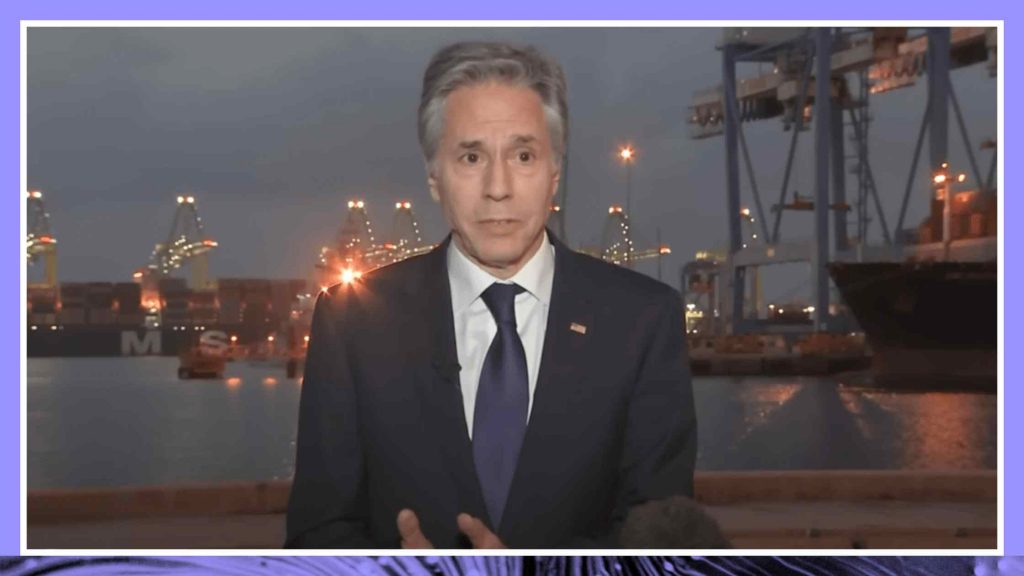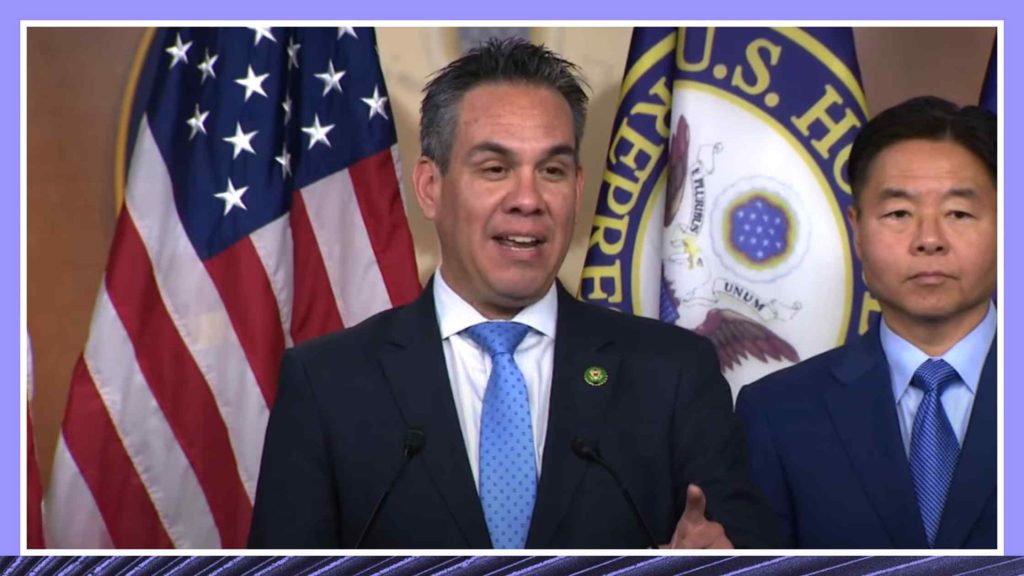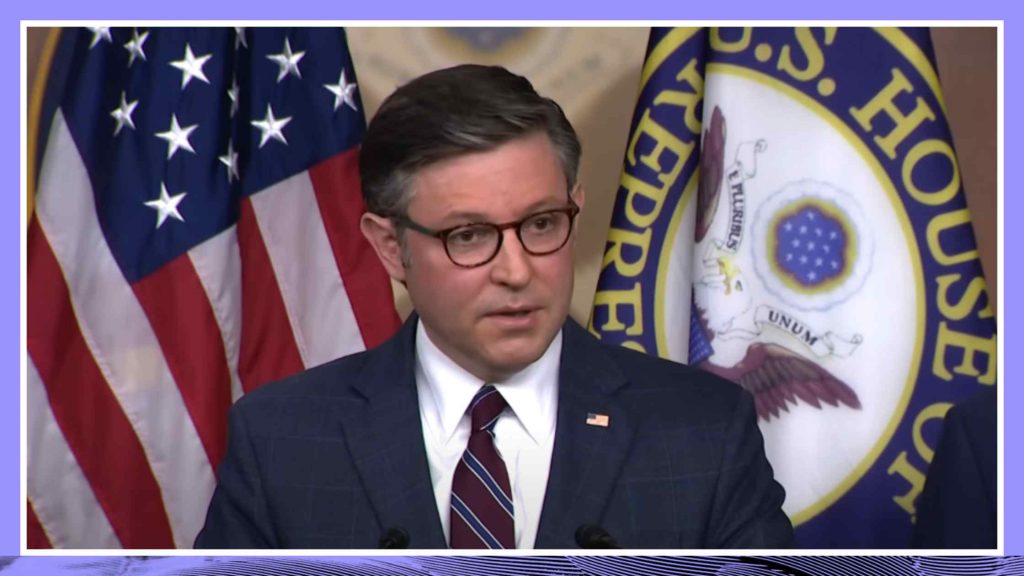Mar 2, 2023
Ruling Party Candidate Wins Nigeria’s Presidency After Disputed Vote Transcript

Africa’s largest democracy has a newly-elected president. Bola Tinubu, a long-time Nigeria kingmaker, has been declared the winner with over 36% of the vote. Read the transcript here.
Transcribe Your Own Content
Try Rev and save time transcribing, captioning, and subtitling.
Speaker 1 (00:00):
Africa’s largest democracy has a newly elected president, Bola Tinubu. A longtime Nigeria kingmaker has been declared the winner today with over 36% of the vote. The fiercely contested election wasn’t without controversy though. Long lines and delays have led the opposition to allege fraud, and there have been sporadic protests and some violence since the election. Ebenezer Obadare is a Nigerian American academic and a senior fellow at the Council on Foreign Relations. He joins me now. Ebenezer, welcome to the News Hour. Thanks for joining us. Before we get into the candidates and the results, help us understand how significant this election was, especially given Nigeria’s history of military rule. Is it fair to call this election a turning point?
Ebenezer Obadare (00:46):
It’s fair to say that because for the first time since Nigeria returned to democracy in 1999, this was the first election in which there was no former army general on the ballot. All the candidates were proper civilians, if you know what I’m talking about. It was also an election in which for the first time, a bulk of young people sought to overthrow the established order in the country. They did not succeed, but the energy they brought to the election, the new sense of urgency was something to behold, and I think in the long run, [inaudible 00:01:23] for the Democratic process in Nigeria.
Speaker 1 (01:25):
So tell me about the winner here. Bola Tinubu beat out two opponents, a man named Aku Abubakar, who’s from the People’s Democratic Party or the PDP, and a man named Peter Obi, who’s from the smaller Labor Party. Tell me about Tinubu. How did he win? What was his message?
Ebenezer Obadare (01:41):
I don’t think it’s the message as much as the craft that it brought to the game. He is been running ever since he concluded his time of office as governor of Lago states in 2007, and what do I mean by he has been running? He appointed every successive governor of Lago state up till now. He has built a political machine. He has reached out to constituencies across the country. He won right across the country, and he was able to dig into and exploit all the alliances that he had built over a long period of time. That’s why he won the election.
Speaker 1 (02:21):
There were some familiar issues to American politics I wanted to ask you about. There were questions raised about Tinubu’s age. He is 70 years old. There were questions raised about his claims that he worked for the company, Deloitte, which later turned out not to be true. Did either of those factor into the race?
Ebenezer Obadare (02:37):
[inaudible 00:02:38] old is age against him. In 70, the President of the United States, Joe Biden is 80. That makes Tinubu compare with Joe Biden, a spring chicken. I think it’s wrong to be talking about his age. What we should be talking about is whether he has the energy, the vitality, the knowhow, and the expertise to rule Nigeria. I would focus on that rather than talking about his age.
Speaker 1 (03:01):
There were a lot of issues around the tech deployed for this election, though, which is now leading the opposition to say that there was fraud and turnout was also very low, just around 27%. Why do you think that is?
Ebenezer Obadare (03:14):
I think turnout was low because of the environment in which the election took place. There was this very controversial monetary policy that was being implemented by the Central Bank of Nigeria, which left people bereft of cash. Insecurity was very high. Mobility was very low. People could not get around. People could not get food. In short, the election was the last thing on people’s mind.
Speaker 1 (03:37):
But there were questions about some of… There were some allegations of fraud. There were long lines, long delays at some places. Do you think that the opposition’s charges of fraud have merit?
Ebenezer Obadare (03:47):
I don’t think so. I don’t think so for a couple of reasons. One, I think people should distinguish between fraud and irregularity. Second, if you look at the pattern of results, it does not support the allegation of an orchestrated systematic rigging by anyone. There were irregularities, but those irregularities were of a national character. They didn’t just take place in one zone or region of the country. They took place right across the country. I’ve heard about those allegations, but I don’t think the case has been sufficiently made.
Speaker 1 (04:22):
So Tinubu now takes charge of Africa’s most populous nation, right? 216 million people. The largest economy on the continent is also facing a very serious economic crisis and deep polarization. What’s ahead for Nigeria?
Ebenezer Obadare (04:37):
It depends on how he handles matters. Insecurities is very high. The economy is in the basement. Infrastructure is radically degraded. Young people, they are disenchanted. Whatever this means is that the new president will have to find a way to respond to all this while keeping the political system itself in harness. I think if we look at what he was able to do as governor in Lago state between 1999 and 2007, there is hope, but there is no doubt that in order to succeed as president, he will have to reach out to the eco-political elite and young people across the country.
Speaker 1 (05:15):
Ebenezer Obadare, senior fellow at the Council on Foreign Relations, thank you for joining us.
Ebenezer Obadare (05:21):
Thank you for having me.
Transcribe Your Own Content
Try Rev and save time transcribing, captioning, and subtitling.






